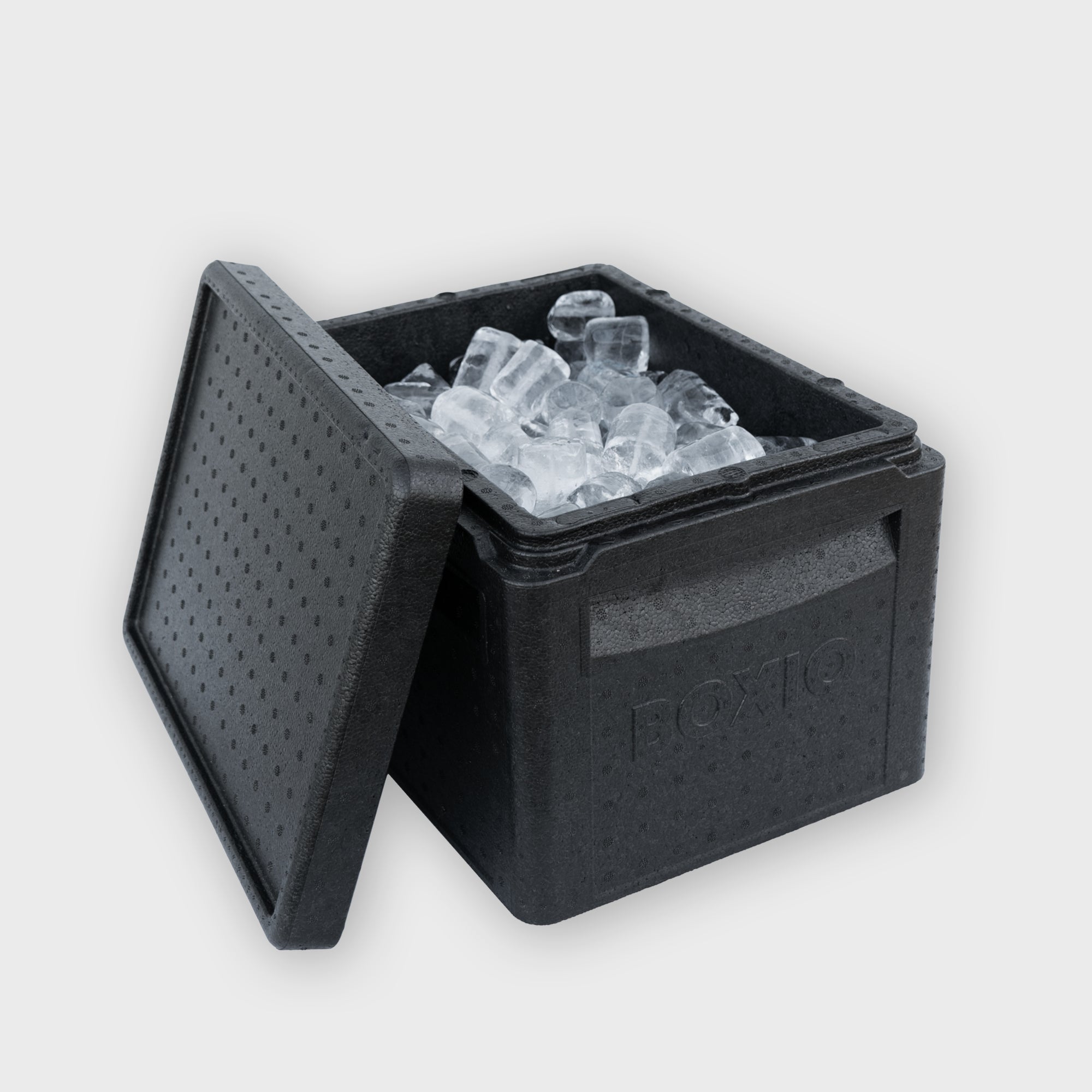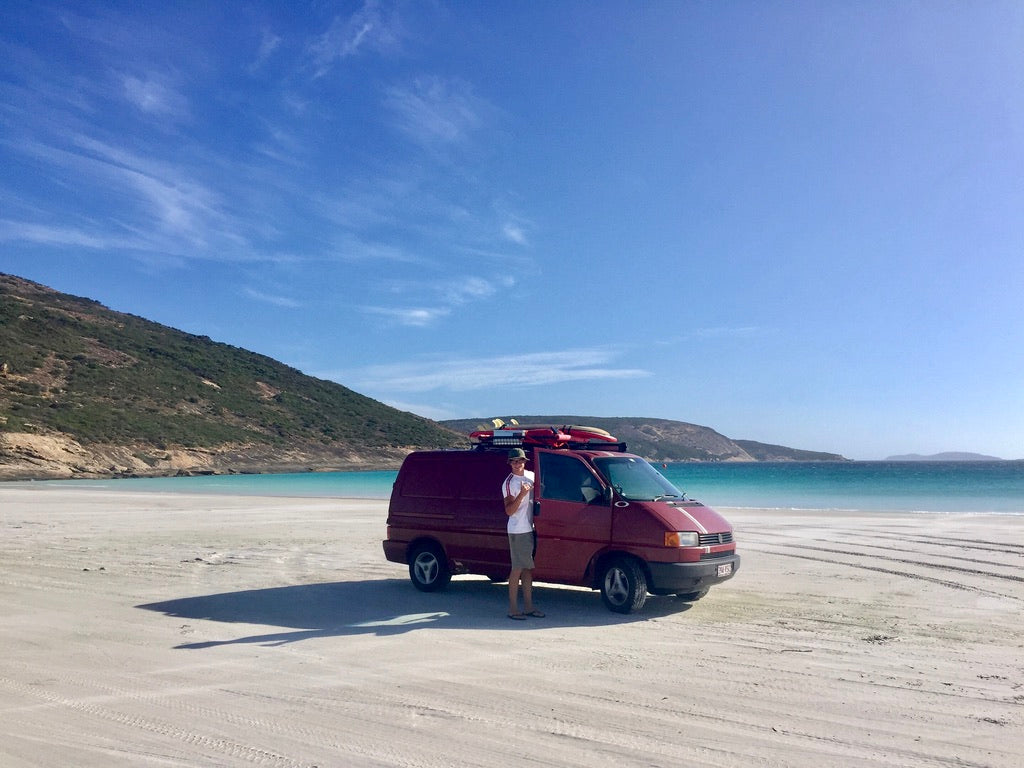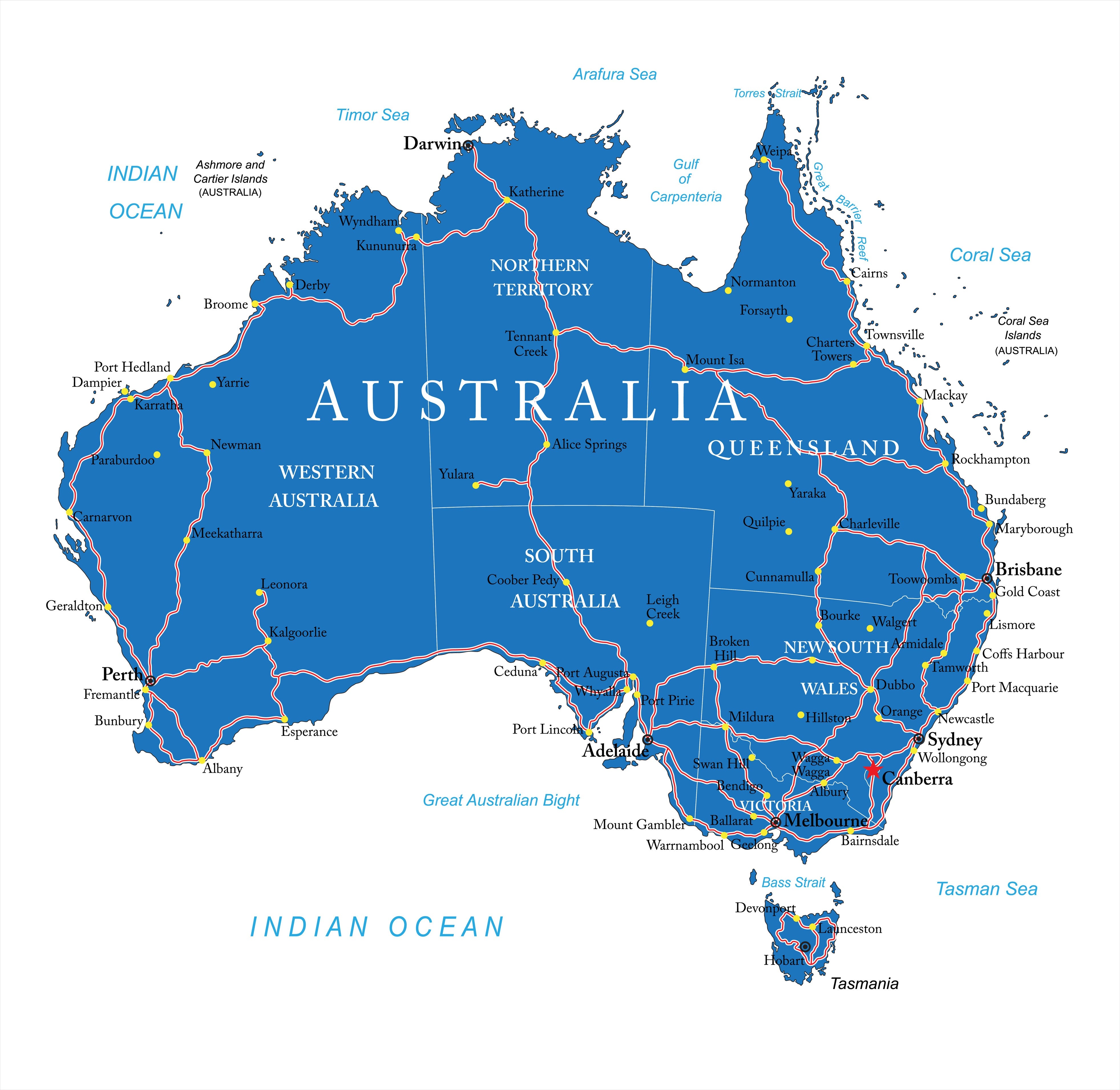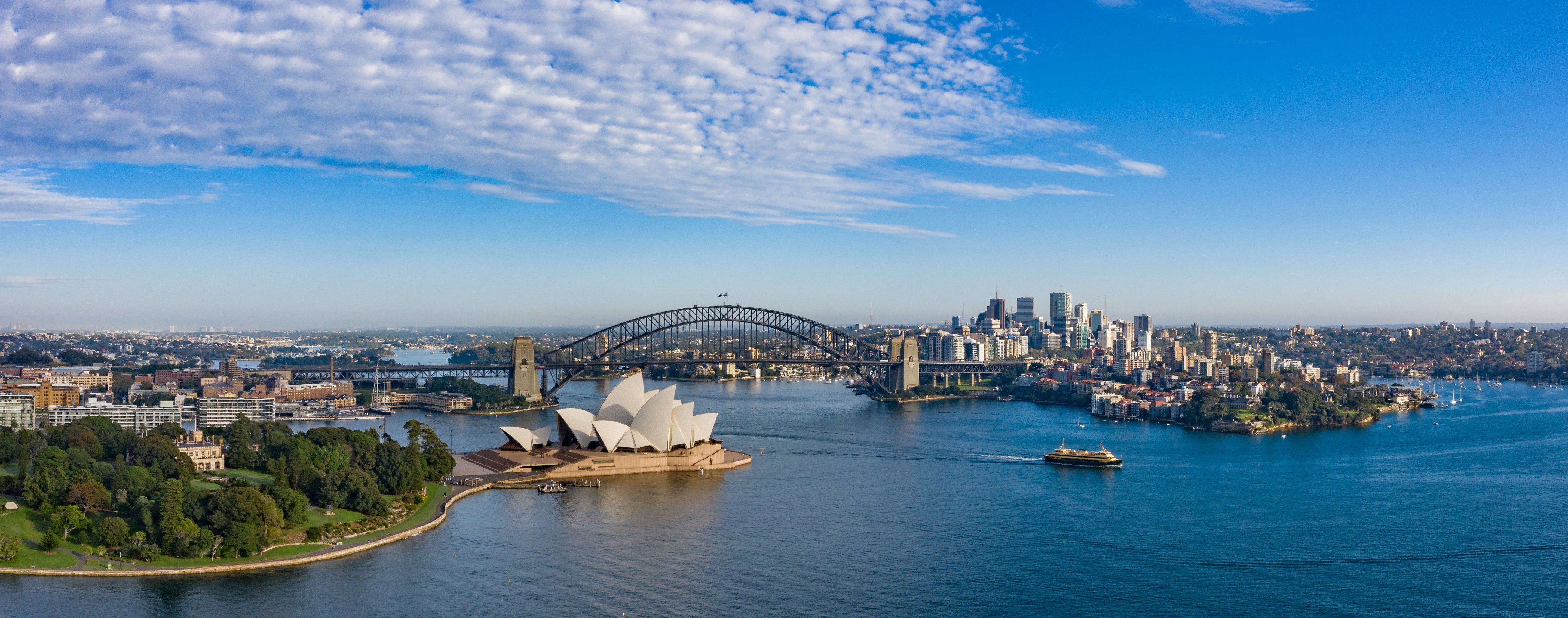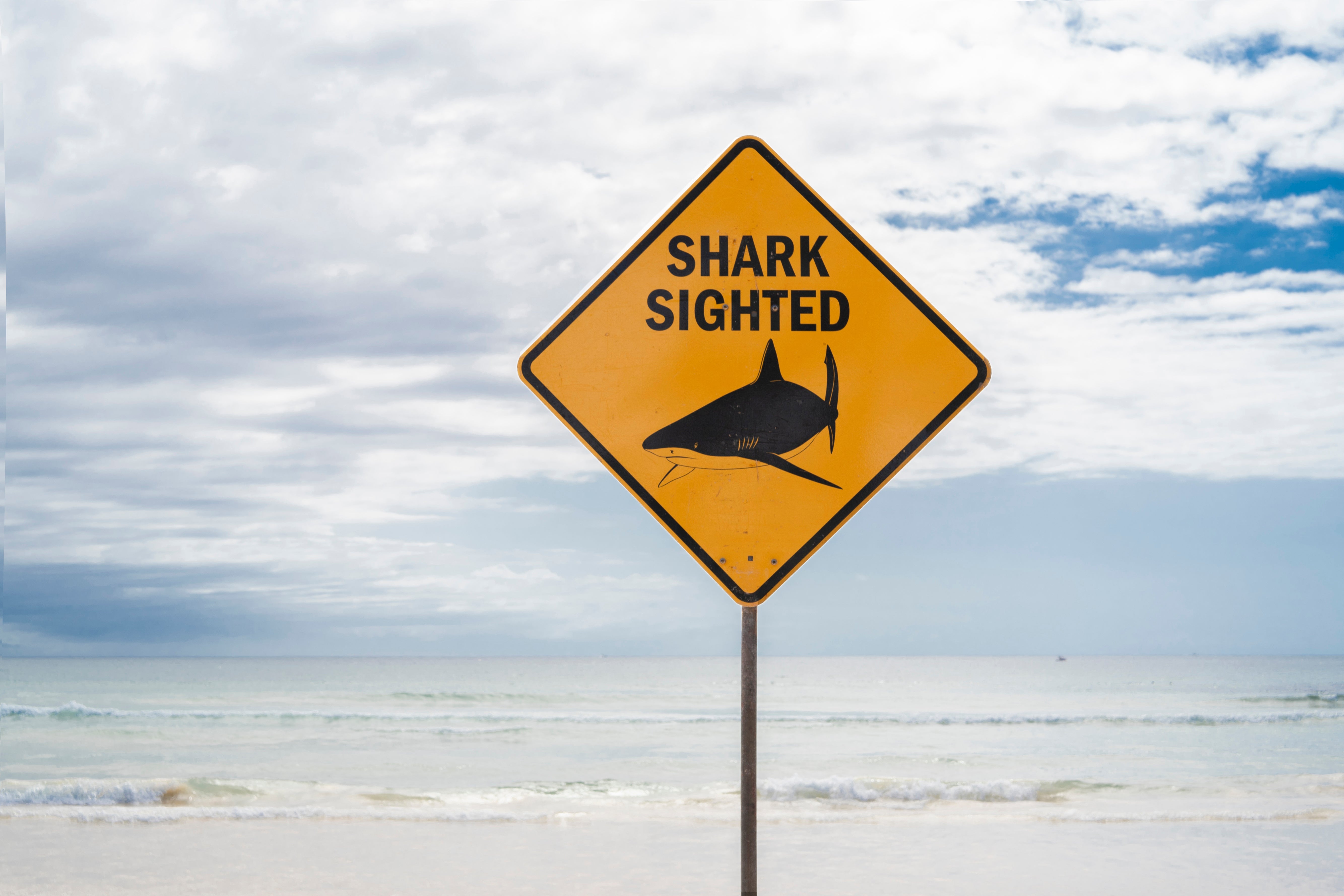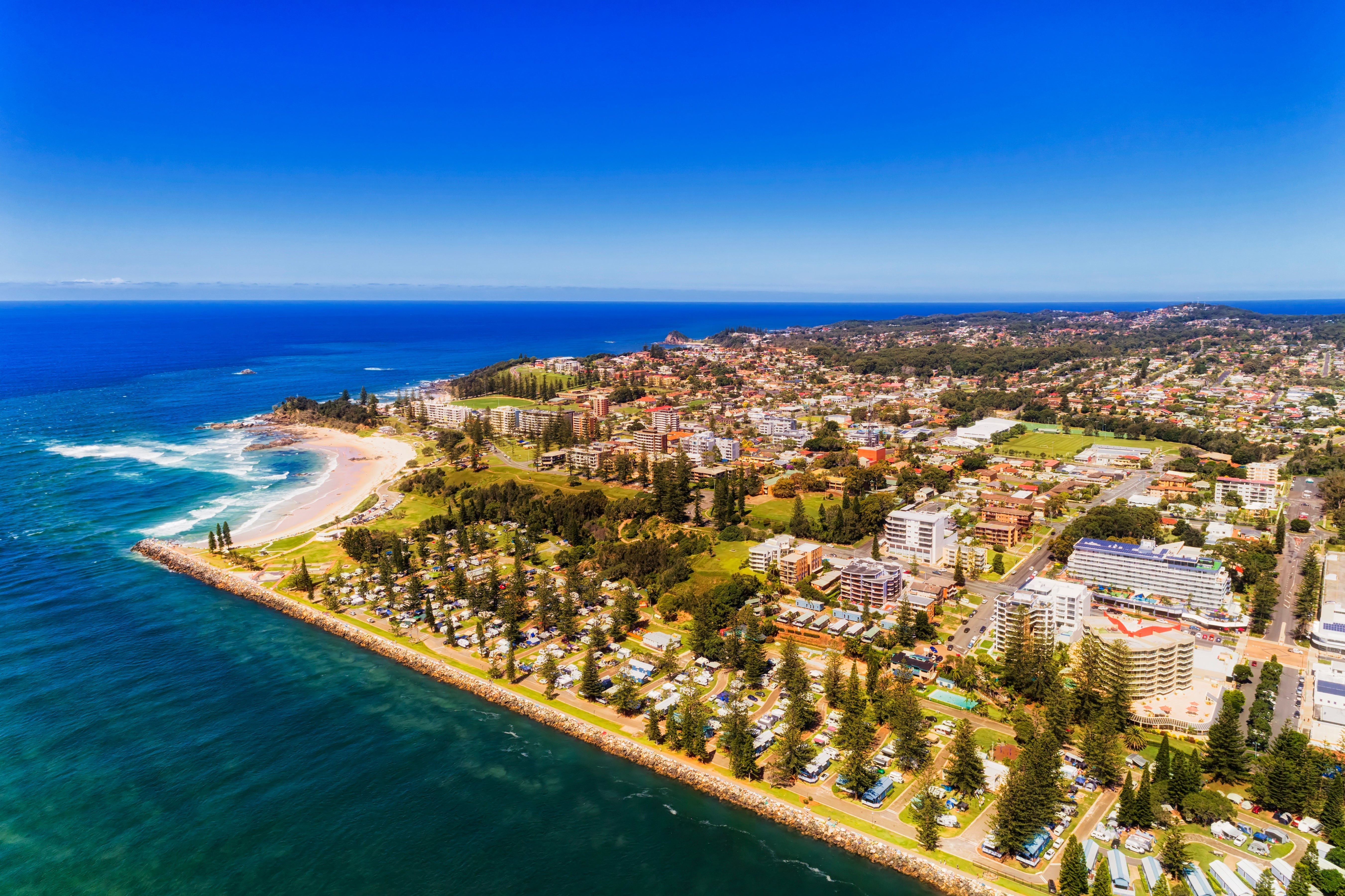Visa, 88 days, 2nd and 3rd year visa... What does all that mean?! Don't worry! It's completely normal that all these terms can seem really confusing at first if you haven't really looked into the topic of work and holiday in Australia. I was in exactly the same situation 4 years ago, and I still am to some extent, but I've already learned a lot. Today I just want to give you some clarity, because the whole thing isn't that complex when you take a closer look.

The Working Holiday Visa
Anyone (with German citizenship) between the ages of 18 and 30 who is looking for an unforgettable adventure can apply for the Working Holiday Visa. For some countries (eg UK) the age limit has recently been raised to 35. As a German, you can usually get the Working Holiday Visa easily, provided you don't have a (too) criminal past.
You simply apply for the visa online | Visa Australia . You "only" need a valid passport and proof of assets (e.g. bank statement) that shows that you have at least 5,000 Australian dollars (approx. 3,000€). And you must not be in Australia at the time of application. Otherwise, the application process is pretty simple, taking you through the various questionnaires and you should get the visa approved within the next 4-6 weeks. Oh, and the visa itself costs just under 400€.
But what can you actually do with the working holiday visa? The visa is valid for 1 year from the time of entry and you are entitled to work as much as you like during this year, as long as it is not longer than 6 months for the same employer. (If you want to, your employer can apply to employ you for longer than 6 months.) You can also study for up to 4 months. You can also enter and leave the country as often as you like during this year. This means that if, like me, you have worked on a farm for a few months and saved some money, you can fly to Fiji or Indonesia and then come back to Australia.
What is this about these “88 days”
Another option that is open to you with the visa is to extend it for a second year by completing 88 days of selected work. What does selected work mean? Yes, I know, that sounds strange. I tried to translate it from English as best as I could. Here in Australia we talk about “88 days of specified work”. OK, but what is “specified work”? Fair question. The most typical “specified work” is probably as a harvest worker on a farm. But nowadays there is a lot more to it than just the typical fruit picking job. Here is a screenshot from the official government website showing which jobs you can do to qualify for a second year of work and holiday in Australia .
Let's take a closer look at the whole thing. For example, point 1: tourism and gastronomy in northern, "remote" and "very remote" Australia. You can easily find out which regions are considered "remote" and "very remote" on the official website. The postcodes are simply divided into the different categories, depending on where the respective place is located and how far away it is from civilisation. But this should not give anyone the impression that work in the gastronomy sector only counts in the smallest outback village. In the region in and around Cairns, for example, work in the gastronomy sector counts.
As some of you may know, I was in Australia for the first time 4 years ago on a working holiday visa, but I didn't do my 88 days because I thought, "Oh, I'm not coming back anyway". Well, I was wrong, because shortly after I was back in Germany, I quickly got fed up with my studies and job, simply because it wasn't right for me and I just thought to myself, how stupid I was for not at least keeping the option open for a second year. As if some angel had heard me and felt sorry for me, shortly before this option expired, I found out about the Covid visa, which enabled me to apply for the 1st year working holiday visa again until the end of 2022. I think that was one of my happiest moments when I found out about this option through a bit of online research. Why am I telling you all this? It's simple: think 100 times about whether you don't want to complete the 88 days so that you have the opportunity to get the visa a second time, because you never know what will happen in life and you'll suddenly think, "oh, it would be nice to run away to Australia again." And the excuse "but I don't want to work on a farm in the middle of nowhere" doesn't count anymore, because as you can see, jobs in many areas count as "specified work."
I've been working as a roofer (without any previous experience) on the Sunshine Coast for almost 2 months now, I live here with 2 friends (a Canadian and an Australian) in a shared flat 2 minutes' walk from the nearest surf spot and the best thing is that I can qualify for next year with this job. Next year will be year three for me because I submitted the application for the 2nd year visa today and uploaded all my pay slips from the farm months.
How exactly do I count my working days
Yes, this is probably the most controversial and confusing question I have ever heard during my time on the farm. Basically, the number of days completed each week that count towards your 88 days depends on the total hours worked per week.
I'll be honest with you, I haven't found absolute clarity on this either, but what they say is this. If you work 30 hours in a working week (some say 35), then you have completed 7 days of your 88 days, regardless of how many days you worked. The Australian government explains the whole thing on its official website , but I find the examples given very confusing. I chose the easy option and downloaded the app "the 88th day". You can simply add your job and enter the hours worked each week and an automatic calculator then counts the days for you. As an "Alman", I played it safe and worked on the farm for a total of 4 months instead of just 3, as there were times when there was less work, e.g. because of rainy days.
BOXIO TENT | Shower or toilet tent
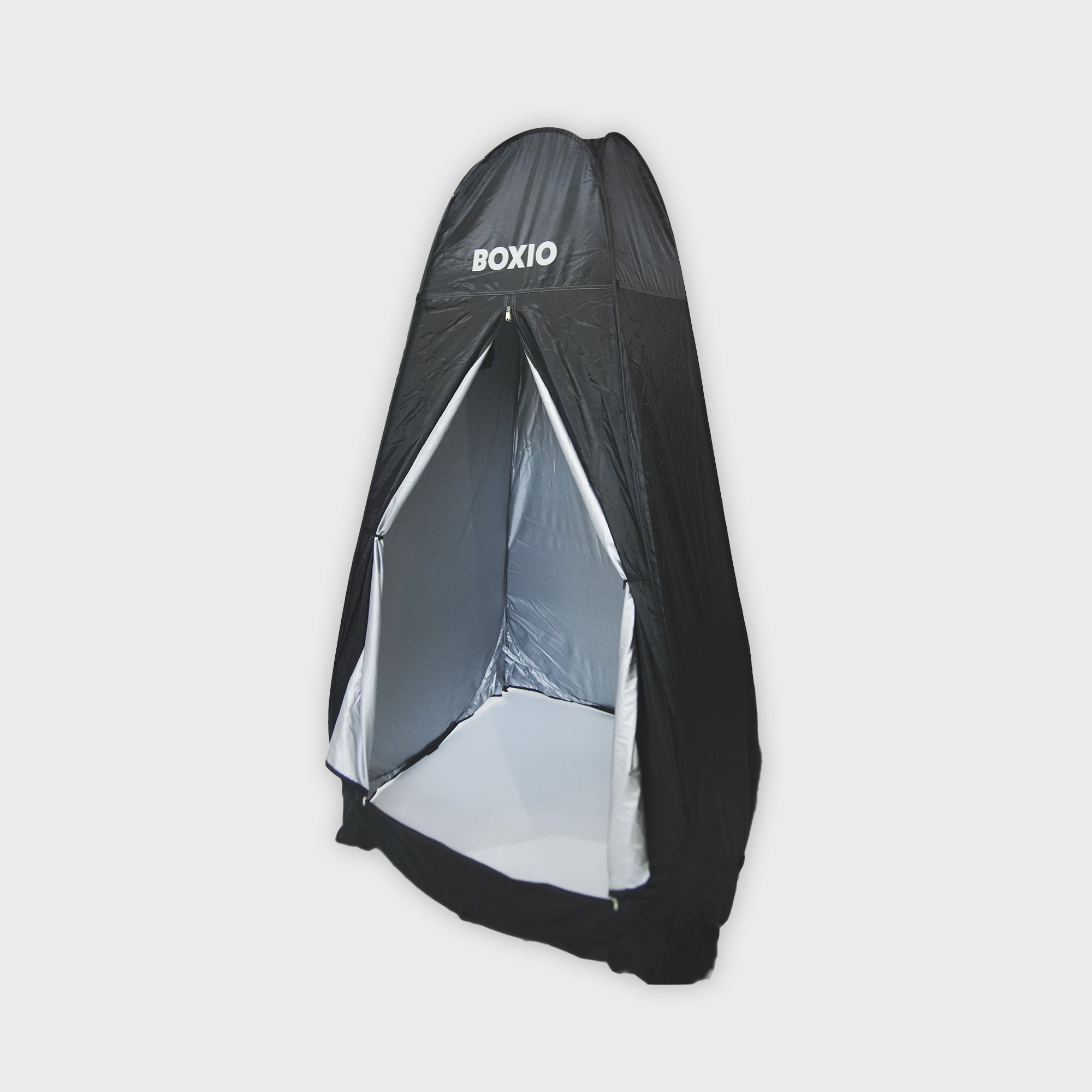
Once you have completed your 88 days, you can sit back and relax, travel on, start another job or do whatever you want. Just make sure you have your payslips, because you will need them to apply for the 2nd year visa.
I hope this post has given you some clarity. Feel free to write in the comments if you have any more specific questions about the topic or if you know more about it. Until the next episode - Cheers!
Jesko





